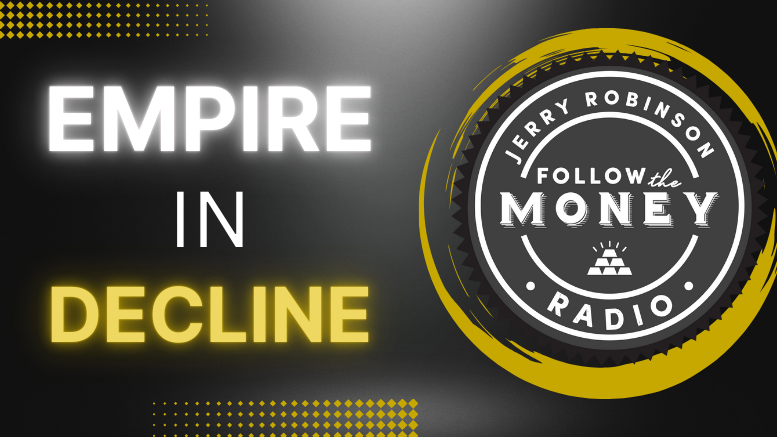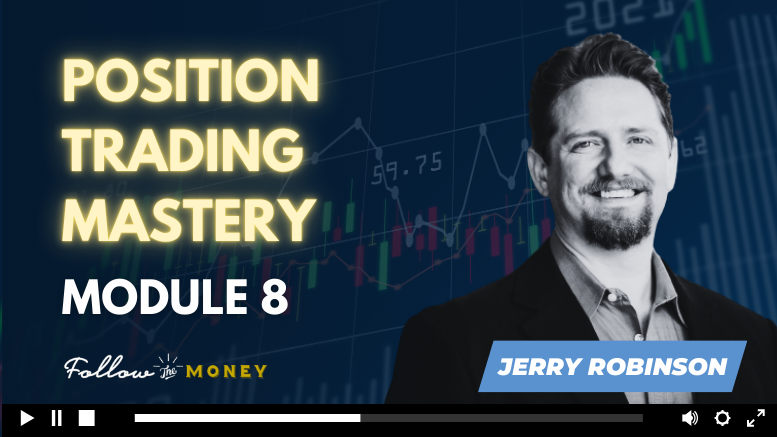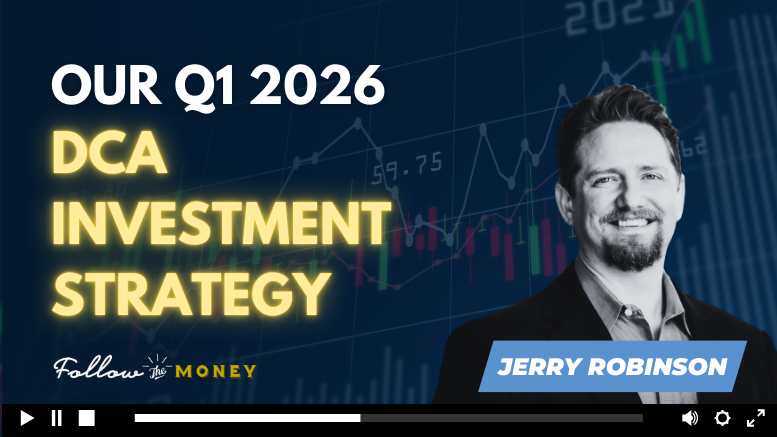CBS News
There is an unfortunate adage for the unemployed: The longer folks are out of a job, the longer it takes them to find a new one.
CBS News correspondent Ben Tracy reports that the chronically unemployed face the hardest road back to recovery, and that while the jobs picture may be improving statistically on a national level, it is not for them.
Tinong Nwachan, for example, has far too much time on his hands. When CBS News met the former truck driver he had been out of work for two years.
"I don't really tell too many people this but I'm not ashamed or nothing, I'm homeless," Nwachan said.
His day job is looking for work at a jobs center in Hollywood. He has plenty of company, including Fabian Lambrecht, who wonders when the economy's improvement will affect them.
"They're saying there are more jobs. I'm just wondering where those jobs are," Lambrecht said.
About 6.2 million Americans, 45.1 percent of all unemployed workers in this country, have been jobless for more than six months – a higher percentage than during the Great Depression.
The bigger the gap on someone's resume, the more questions employers have.
"(Employers) think: 'Oh, well, there must be something really wrong with them because they haven't gotten a job in 6 months, a year, 2 years.' But that's not necessarily the case," said Marjorie Gardner-Cruse with the Hollywood Worksource Center.
The problem of course is the economy, but some industries, especially certain manufacturing jobs, are not ever expected to come back. Experts say unemployed workers need to be prepared to change careers.
"That person has to realize that, discover what field they want to work in, become trained and find a job in that field," said Jerry Nickelsburg, Sr., an economist at UCLA.
READ ENTIRE ARTICLE






